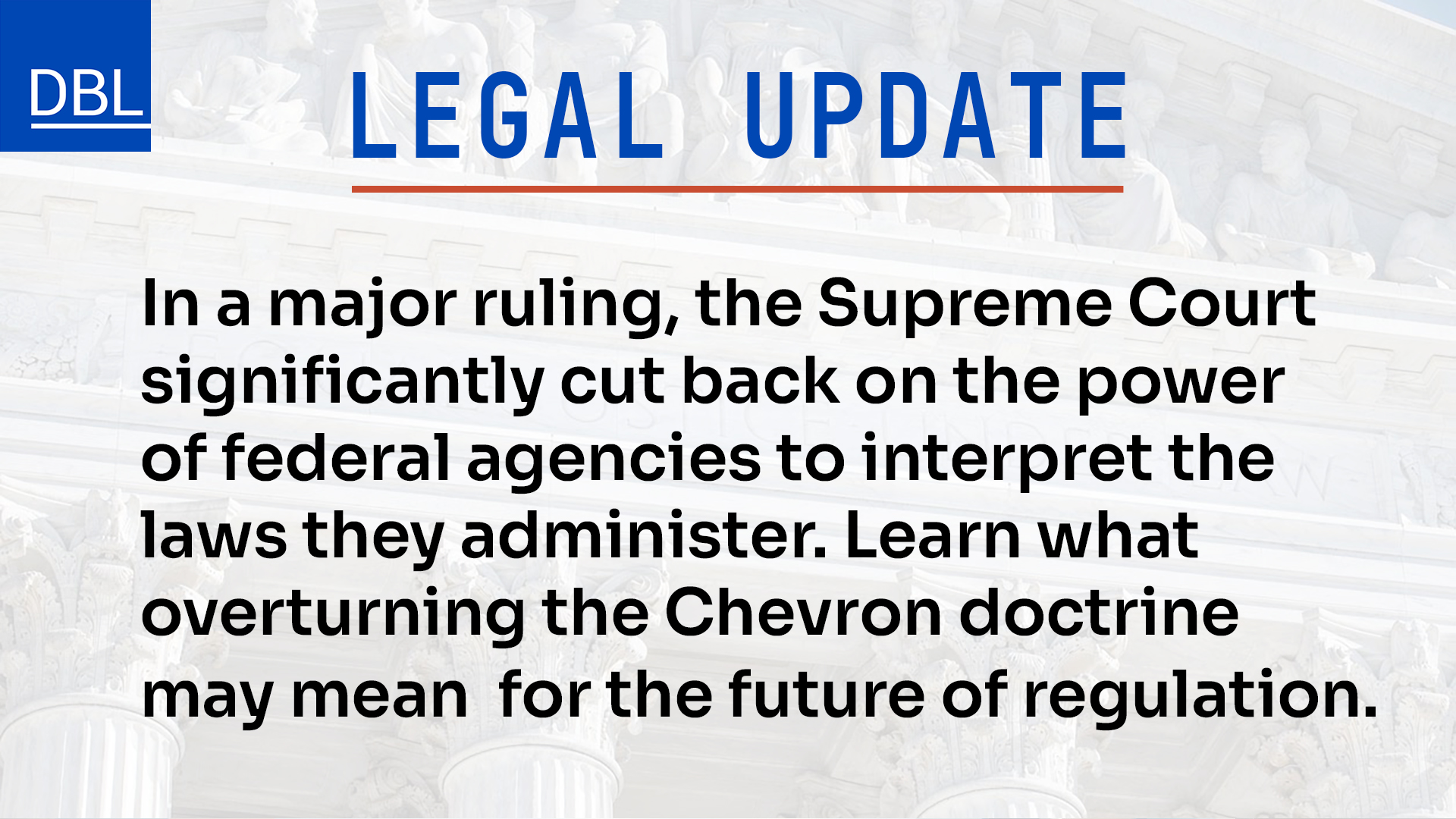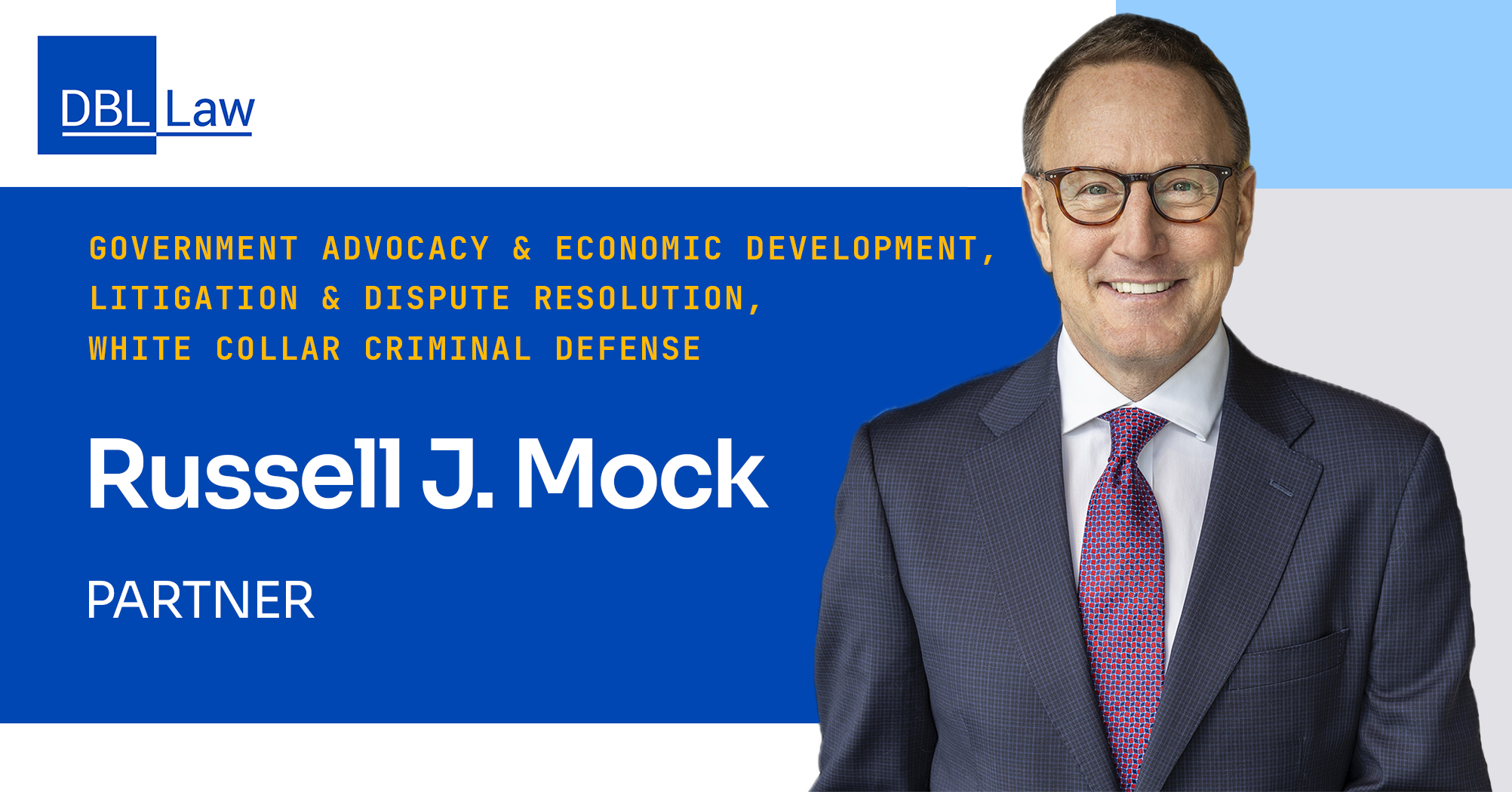On Friday, the Supreme Court significantly limited the power of federal agencies to interpret the laws they administer, ruling that courts should rely on their own interpretation of ambiguous laws. This landmark decision is expected to have widespread implications across various sectors, from environmental regulation to healthcare costs.
In a 6-3 decision, the justices overruled the 1984 Chevron v. Natural Resources Defense Council ruling, which established the Chevron doctrine. This doctrine required courts to uphold an agency’s interpretation of a statute if Congress had not directly addressed the issue and the agency’s interpretation was reasonable. Chief Justice John Roberts, writing for the majority, described the Chevron doctrine as “fundamentally misguided.”
Justice Elena Kagan, joined by Justices Sonia Sotomayor and Ketanji Brown Jackson, dissented, warning that the ruling would cause a significant disruption to the legal system.
The Chevron doctrine had become a cornerstone of federal administrative law over the past four decades, cited in over 18,000 federal court decisions. Initially celebrated by conservatives when it upheld the Reagan-era EPA’s interpretation of the Clean Air Act, it later faced criticism from those advocating for reduced administrative power, arguing that courts, not agencies, should interpret the law.
The case prompting this ruling involved the National Marine Fisheries Service’s requirement for the herring industry to bear the costs of onboard observers to collect data and monitor overfishing. After two federal appeals courts upheld the rule, the Supreme Court agreed to hear the appeals, focusing solely on the Chevron question.
Chief Justice Roberts emphasized that Chevron deference is incompatible with the Administrative Procedure Act (APA), which mandates that courts apply their own judgment to legal questions and not defer to agency interpretations. He stressed that Congress expects courts to handle technical statutory questions and that agency interpretations can be considered but not deferred to, a principle known as Skidmore deference.
Roberts argued that the Chevron doctrine is unworkable due to the difficulty in determining statutory ambiguity and noted that the Supreme Court had not relied on it in eight years. He asserted that agencies should not be allowed to change course without clear congressional authorization.
Justices Clarence Thomas and Neil Gorsuch concurred with Roberts. Thomas highlighted the doctrine’s inconsistency with both the APA and the Constitution’s separation of powers, while Gorsuch stated that the ruling would return the judiciary to its traditional role of independently resolving cases without bias toward the government.
Justice Kagan’s dissent emphasized the practical necessity of agency interpretations in regulatory law, given their expertise in technical and scientific matters. She warned that removing Chevron deference would lead to inconsistent judicial interpretations of complex issues and argued that the ruling represents a judicial overreach.
The decision has elicited varied responses. Roman Martinez, representing one of the fishing companies, praised the ruling as a victory for individual liberty and the Constitution. Conversely, Kym Meyer of the Southern Environmental Law Center criticized it as a recipe for chaos, leading to inconsistent judicial interpretations of federal laws.
This ruling is part of a broader conservative effort to curtail federal agency power, often referred to as the “war on the administrative state.” The Supreme Court’s decision marks a significant shift in the balance of power between the judiciary and federal agencies, impacting how regulatory laws will be interpreted and enforced in the future.
For further discussion or legal advice on how this ruling might affect your business or regulatory compliance, please contact the Government Advocacy team at DBL Law.





